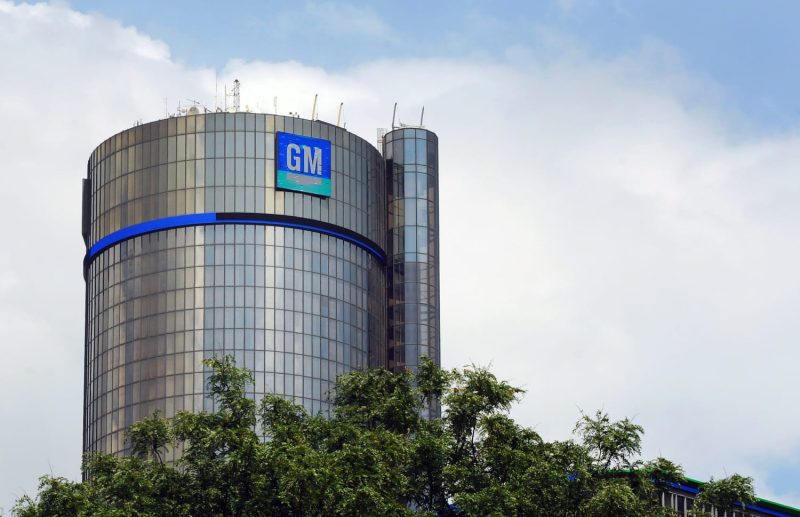As a result of an ongoing reorganization and cost-cutting measures, General Motors (GM) has recently announced the layoff of approximately 1,000 employees from different sectors. This strategic move is aimed at streamlining operations and boosting overall profitability in the face of a rapidly changing automotive industry.
These layoffs significantly affect different domains within GM that include research, development, and other departments related to car manufacturing. The organization’s focus is shifting toward electric and self-driving vehicles, reassigning resources to push for innovative and sustainable options amid growing demand.
The decision to let go of employees reflects the impacts of strict cost-cutting measures that GM has adopted. Over the past years, the auto giant has been making hard decisions to ensure the company’s survival and growth in a world fast gravitating towards environmental consciousness. With automotive technology evolving at a breakneck speed, GM is reorganizing its resources to align with current trends and demands.
However, this decision was met with apprehension and criticism from employees and business analysts alike. Employees affected by the layoffs have voiced their concern, citing uncertain futures in a challenging job market. Business analysts, on the other hand, pointed out that such measures could potentially affect the organization’s morale and productivity. Veteran employees, whose years of service contributed to GM’s feats, were the majority of those who received pink slips.
In response to these concerns, a GM spokesperson stated that GM is not merely trimming its workforce but is also investing in training its remaining employees to enhance their skills to match the future needs of the company. “This is not about cost reduction, this is about better capability,” said the spokesperson.
Employee layoffs are perceived negatively in the corporate world due to its impact on the workforce’s morale and performance. However, companies like GM see it as a necessary strategy for survival in an increasingly technologically driven world. As the auto industry undergoes a significant transformation, companies must reorganize and adapt to stay relevant and competitive. GM is not alone in this process; many auto industry giants are going through similar transformations.
Despite this setback, GM still holds a strong position in the market with its primary focus on developing cutting-edge and environmentally sustainable automobile technologies. The company aims to launch 30 new electric vehicles globally by 2025, a mission that was set in motion in 2020.
Nevertheless, the recent layoffs raise concerns among GM’s employees and the communities where the giant automaker operates. As the company undergoes this metamorphosis






























